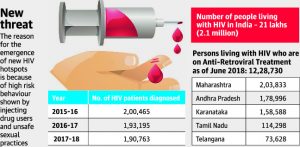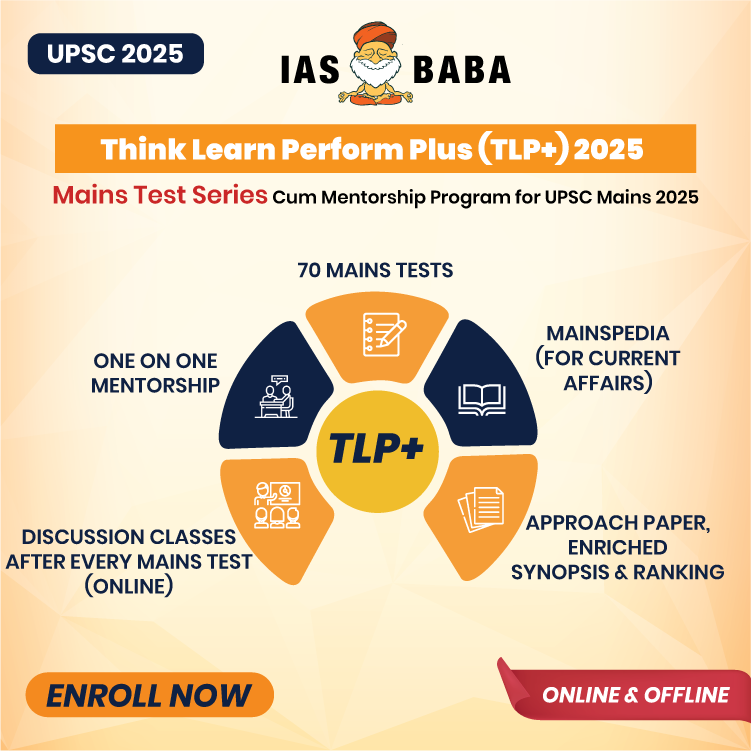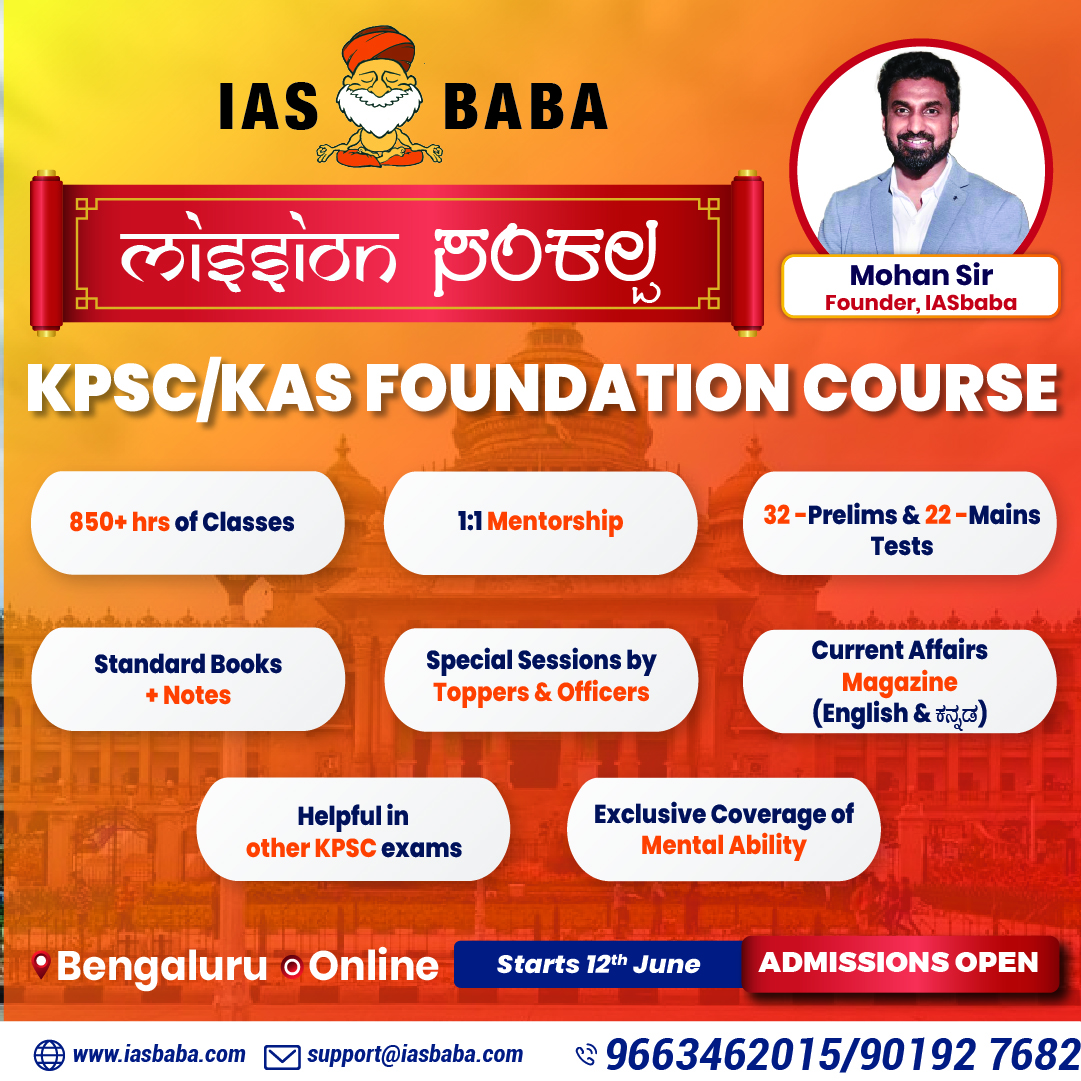The Big Picture- RSTV
HIV AIDS Act, 2017
TOPIC:General Studies 2
- Government policies and interventions for development in various sectors and issues arising out of their design and implementation.
- Issues relating to development and management of Social Sector/Services relating to Health
In News: Announcement of implementation of the Human Immunodeficiency Virus (HIV) and Acquired Immune Deficiency Syndrome (AIDS) Act – The Act, which received Presidential assent on April 20 last year, prohibits discrimination against such persons in:
- Accessing healthcare
- Getting jobs
- Renting accommodation
- Admission in educational institutions, whether private or public
India is the first state in south Asia to pass legislation prohibiting discrimination.
By: The Ministry of Health
Status of the Act: the Act received Presidential assent way back in 2017 but it was not notified. The current development has come after the Delhi High Court asked the Centre why it has not yet notified the law to prevent discrimination against HIV and AIDS patients despite the statute receiving Presidential assent in April last year.
Key Statistics: India has the third largest HIV-infected population with an estimated 2 million people.
- The country aims to decrease new infections by 75 per cent between 2010 and 2020 and eliminate AIDS by 2030.
- India brought down the number of new cases and deaths by 27% and 56%, respectively, between 2010 and 2017
But even as India celebrates such progress, it is important to be mindful of the scale of the challenge. With 2.1 million cases, India is among the largest burden countries in the world. And there are critical gaps in its strategy.
What is AIDS?
Acquired Immune Deficiency Syndrome (AIDS) is a condition caused by Human Immunodeficiency Virus (HIV), which attacks and weakens the body’s immune system.
Objective of the Act:
- Prevention and control of the spread of the HIV/AIDS: Mandates the central government with respect to also the state governments to formulate rules and also to have laboratories in place for assisting all those people who have been suffering with HIV/AID
- Protection of the basic human rights of the people suffering from HIV/AIDS
- The act penalises discrimination against protected persons and lays down provisions for guardianship of affected minors
Salient features of the Act
- The Act penalises “propagation of hatred” against the protected person where a violator could be punished with a minimum jail term of three months to a maximum of two years and can be fined up to one lakh rupees.
- As per the Act, Union and state governments shall take measures to:
- Prevent the spread of HIV or AIDS
- Provide anti-retroviral therapy and infection management for persons with HIV or AIDS
- Facilitate their access to welfare schemes especially for women and children, among others
- The government will also issue necessary guidelines with respect to protocols for HIV and AIDS-related diagnostic facilities.
- Anti-retroviral therapy and opportunistic infection management will also be applicable to all persons.
- The Act makes Anti-Retroviral Treatment (ART) a legal right for all HIV/AIDS patients. It has also adopted “test and treat” policy which means any person testing positive will be entitled for free treatment by the state and central government. Earlier, this was restricted by a CD4 count rate.
- Provides for confidentiality of HIV-related information and makes it necessary to get informed consent for undertaking HIV tests, medical treatment and research.
- The law makes it mandatory for state governments to appoint an Ombudsman to inquire into complaints related to the violation of the Act and the provision of health care services. If a person or an institution fails to comply with any order given by the Ombudsman within the stipulated period of time, they could be fined a maximum of Rs 10,000. A continuous failure could lead to an additional fine of up to Rs 5000 every day until they comply.
- The new legislation has provisions to safeguard the property rights of HIV positive people. Every HIV infected person below the age of 18 years has the right to reside in a shared household and enjoy the facilities of the household.
The Way Ahead:
No one should be left behind in the fight against HIV. There is an urgent need to tackle the social stigma surrounding people suffering from AIDS.
Activists from the HIV community had demanded changes to the Section 14 (1) of the Bill which states, “The measures to be taken by the central or state governments under section 13 shall include measures for providing, as far as possible, anti-retroviral therapy and opportunistic management to people living with HIV or AIDS.” The HIV community and other critics demanded that the phrase “as far as possible” be removed from the Bill as it can be used as an escape route by the state governments which do not want to fulfill their responsibility.
Important value addition:
- HIV/AIDS: First disease to be the subject of a UNSC resolution
- Three north eastern States emerge as new HIV hotspots – Meghalaya, Mizoram and Tripura; reasons being attributed to injecting drug users and unsafe sexual practices
- The HIV Sentinel Surveillance (HSS), a biennial study conducted by the National AIDS Control Organisation (NACO), is one of the largest regular studies in the world dealing with HIV in high risk groups of the population.
- Anti-Retroviral Treatment (ART) – leads to effectively suppressing the virus and reducing the transmission of HIV from the infected person.
- National AIDS Research Institute (NARI) target is to bring 90% of the 21 lakh people living with the HIV infection in India under ART.

Pic: https://d39gegkjaqduz9.cloudfront.net/TH/2018/08/07/DEL/Delhi/TH/5_07/b3e32ce2_2302538_101_mr.jpg
Connecting the Dots:
- What is HIV and how is it a life threatening disease? How has India battled against HIV? Critically examine.













